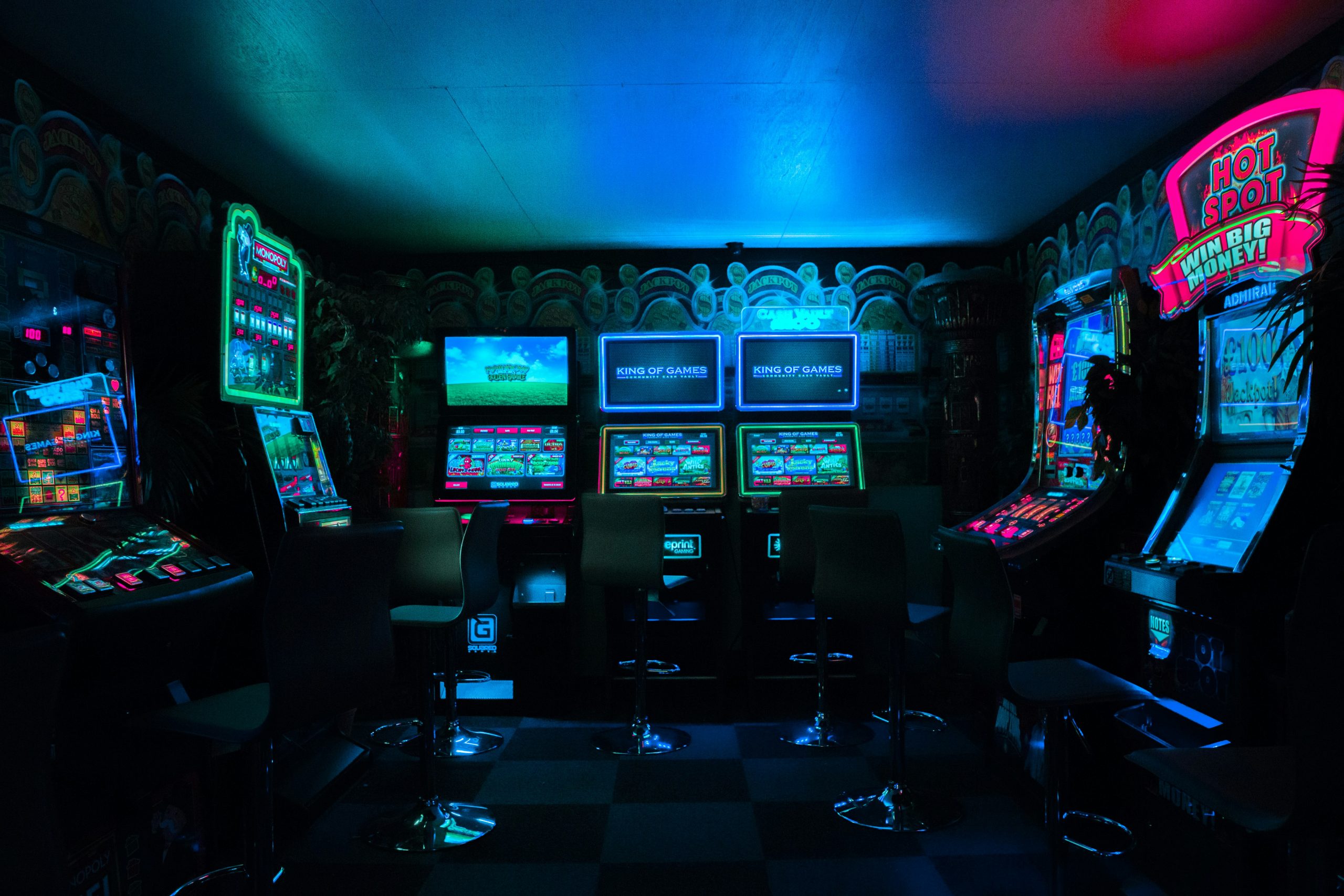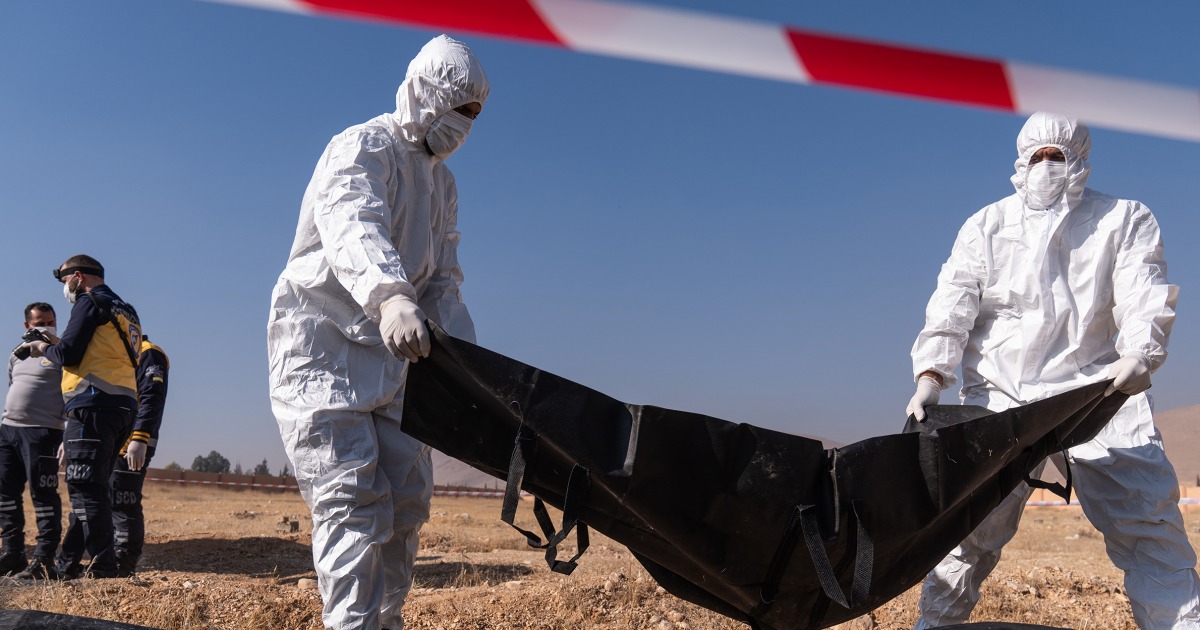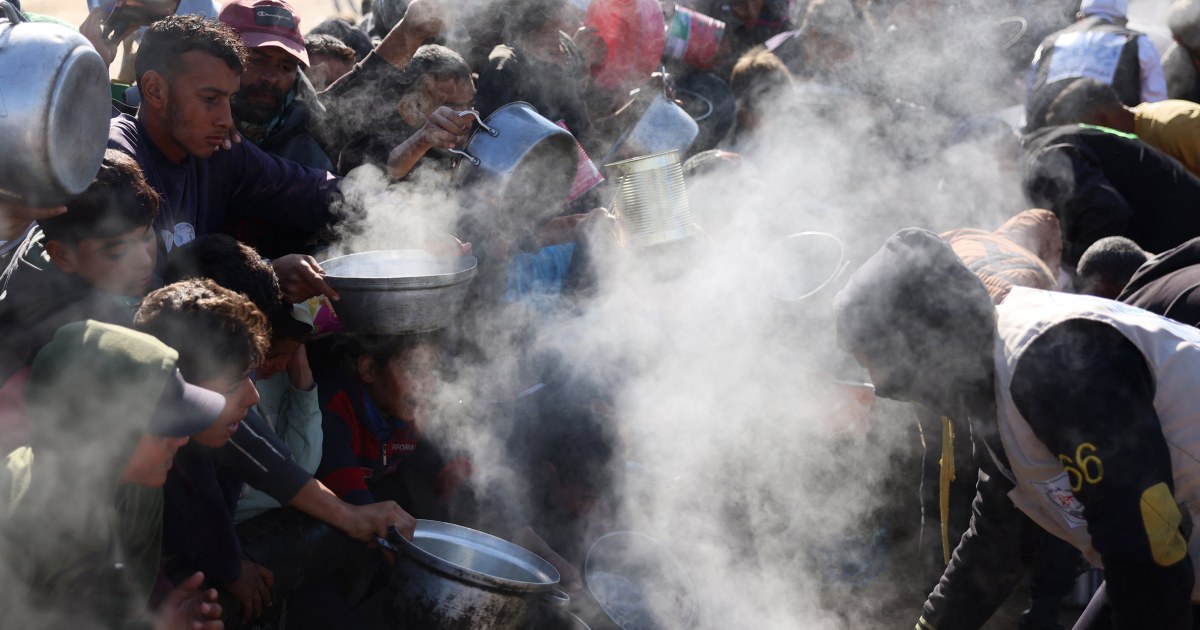World
Hitler-worshipping narco who flooded US with cocaine reveals Pablo Escobar’s final secret

He was narced out.
A drugs king who spent decades in a federal lock-up for flooding the US with cocaine is revealing that he was turned in by his closest ally: Pablo Escobar.
Carlos Lehder went from New York street criminal to one of the world’s most notorious narcos in the early 1980s in a ride even wilder than the hit Netflix series “Narcos” dared portray.
Now he has released a memoir which explains how he started stealing cars in Queens but rose to the heart of the Colombian drug cartels at the height of their power – all while hero-worshipping Hitler and ultimately launching his own neo-Nazi party.
But Lehder, 74, twists the knife on the legacy of Escobar, by revealing that it was his once-trusted partner who ratted him out to the authorities the Medellín cartel lord professed to hate.
Lehder was captured at his rural hideout near Medellín in 1987 and extradited to the US after Escobar’s tip-off, making him the first major cocaine trafficker flown from Colombia to face criminal charges in the US.
He was convicted and locked up in federal prisons for more than three decades – but freed in 2020 to live his last years in Germany, his father’s homeland.
In his newly-published Spanish language memoir, “Life and Death in the Medellín Cartel,” Lehder reveals how he learned of Escobar’s double cross thanks to a prosecution blunder.
“Among the hundreds of papers that the Attorney General’s office was delivering to my lawyers before the start of my trial, one document was included by mistake,” he writes.
“Even though several lines of the text were crossed out with black marker in the document, it was possible to see that Pablo Escobar was the person who had handed Carlos Lehder over to the Medellín police.”
The double cross was the bitter end to a partnership with the most unlikely beginnings.
Carlos Lehder was born in Armenia, Colombia, a city in the country’s rich coffee-growing region on September 7, 1949 to a Colombian mother and Klaus Wilhelm Lehder, a German engineer who had settled in the country in 1928.
But his parents divorced and Lehder moved with his mother to Queens, New York – dropping out of school and robbing cars in Jackson Heights.
“In that northern country, I fell into the temptation of the easy dollar, and I started to break the law,” Lehder writes.
Lehder was arrested and served time in a federal lock-up in Danbury, Connecticut in 1973 where he finished high school and befriended George Jung, a marijuana dealer and future partner in the cocaine trade.
Determined not to return to petty crime, he instead studied the methods of opium smugglers in 19th century China and was inspired to set up a similar structure for smuggling marijuana and cocaine into the US.
After his release, he was deported to Colombia – where he put his history lessons to work, chartering small planes to ferry drugs to Miami.
He made a fortune, so to launder the cash, he imported luxury cars from Europe, setting up his own dealership – where he met Escobar when he sold him a car.
They joined forces and together they ruled the billion dollar Medellín cartel.
By the late 1970s, Lehder set up a transshipment point on Norman’s Cay, a private island in the Bahamas, commandeering dozens of small planes to move tons of cocaine to abandoned airstrips in Florida.
He counted both Adolf Hitler and John Lennon as his heroes and was known as “El Loco” and “Crazy Charlie,” for his wild, cocaine-fueled parties and trysts with prostitutes.
Lehder and Escobar were so obsessed with being extradited to the US that Lehder founded a short-lived neo-Nazi political party – the National Latin Movement – to fight the 1979 extradition treaty with the US.
They managed to get three seats in the Colombian congress, but didn’t accomplish much – and then turned their attention to a different threat: kidnappers.
In 1981, guerrillas from the Colombian rebel group M-19 tried to kidnap Lehder in his hometown of Armenia.
He escaped by jumping from the kidnappers’ speeding jeep.
He survived a gunshot to his leg and immediately told an assistant to ship two bullet-proof Mercedes from Germany.
“In the city where I was born, I never went around armed nor did I have a bodyguard, but everything changed after that day,” he writes.
He and Escobar set up Muerte a Secuestratdores (Death to Kidnappers), a paramilitary group that retaliated against guerrillas who kidnapped cartel members.
It was the beginning of the end of their relationship, he told German magazine Der Spiegel.
“I’ve been called violent, crazy, put on a par with Pablo Escobar,” he said. “We were like water and oil. I avoided violence when I could. He was obsessed with power.”
In 1985 Escobar, increasingly power-mad, was said to have paid M-19 – supposedly his enemies – to storm Colombia’s Supreme Court on the day its judges were to discuss an extradition treaty with the US.
M-19 killed 100, including 11 judges.
Lehder claims he and Escobar knew nothing of the plan, writing, “Those types of armed guerrillas are not mercenaries for hire.”
But for the cartel, it was a disaster: public sentiment turned against them.
He and Escobar were increasingly at odds. Escobar and his brutal partners regularly tortured and killed their enemies, but Lehder writes that he was an intellectual who read widely and “a man of my word.”
Escobar was neither – and Lehder paid the price by being ratted out.
After his capture, Lehder was flown to Florida, convicted of drug-smuggling and money-laundering and sentenced in 1998 to life in prison without parole.
Three years later, his sentence was reduced after he was the star witness against Panamanian strongman – and US ally – Manuel Noriega, who had helped the Medellín cartel to smuggle cocaine north, but was taken into federal custody after the US invasion in 1989.
“My biggest obstacle in cooperating was the danger of a violent retaliation against my family in Colombia if I testified in open federal court,” he writes.
Noriega was convicted of racketeering and drug trafficking, sentenced to 40 years in prison in 1992, extradited to France in 2010, then to Panama, where he died in 2017.
Escobar, meanwhile, was also struggling: He surrendered in 1991, escaped, but was killed by Colombian national police in Medellín in 1994.
Lehder now lives in Frankfurt, Germany – “my second homeland,” he writes – to be close to his daughter Monica. He is “a contrite and rehabilitated citizen who follows the law.”
He has renounced his love of Hitler, telling Der Spiegel he had been influenced by ethnic Germans being dispossessed and imprisoned in Colombia during World War II and saying, “My idea was misguided.
“As a young man in Colombia, I was not particularly well-read. Today I know better.”
And in a surprise twist for a man who flooded America with cocaine, he has changed sides in the war on drugs, writing, “I want to be very clear that any illegal drug that can cause the immediate death of a human being should not be legalized, including cocaine.”








